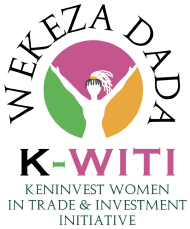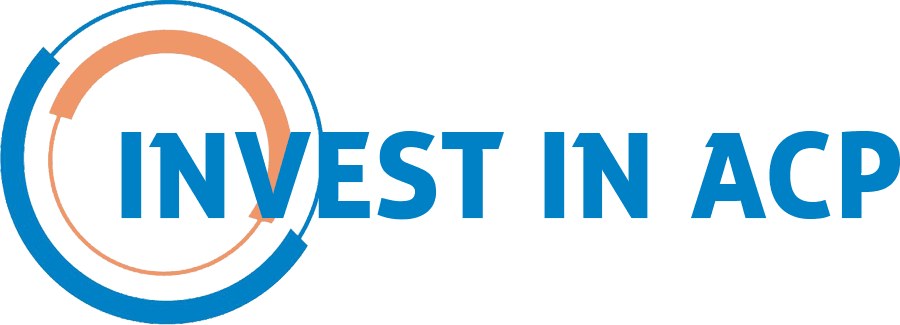Kenya and Germany have agreed to develop a cooperation framework that will ease day to day operations between the two countries.
Speaking after holding bilateral talks with his German counterpart Frank-Walter Steinmeier, President Uhuru Kenyatta stated that this will further improve trade ties between the two countries.
“We have discussed the challenges of Kenyans in Germany, we agreed to map out a cooperation framework, hopefully, that will ease the day to day operations of our citizens in Germany and Germans in Kenya and the organizations that employ them and rely on their services,” President Kenyatta said when he hosted Steinmeier at State House, Nairobi.
Being Kenya’s fourth-largest trading partner with more than 100 companies in the country, President Kenyatta said that the two countries are committed to deepen their ties even further.
“We believe that their exist more scope for the deepening of our partnership,” he said, and added that the two countries have signed various agreements as a firm commitment to the plans.
“Relevant agreements and Memorandum of Understanding (MoU) have been signed including in the financial and technical sector, increased employment and industrial competence as envisioned by the education sector.
The Kenyan President also said that Germany has offered to support sustainable youth employment and quality education programs through competency and skill-based training.
During his three-day official visit in Kenya, President Steinmeier and his Kenyan counterpart will lay a foundation stone of Kenyan- German Technical and Vocational Educational Training (TVET) initiative at Kiambu Institute of Science and Technology (KIST).
The launch will set the pace for 100 such TVET institutions in the country to enable Kenyans to benefit from German’s expertise and resources.
President Kenyatta said that these programs are aimed at transforming manufacturing, agriculture and blue economy sectors in the country.
He said that three centres of excellence have been established and Germany and Kenya will co-finance the first phase at a total cost of 26.4 million euros.
“Phase two will be co-financed to establish 4 other TVET centres at a total of 13 million euros,” he said.
Source: Capital FM Kenya.








